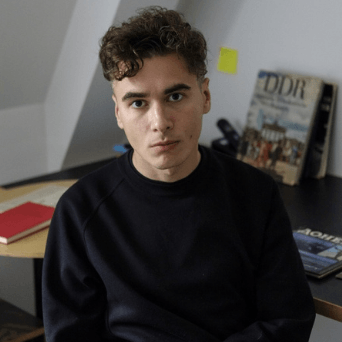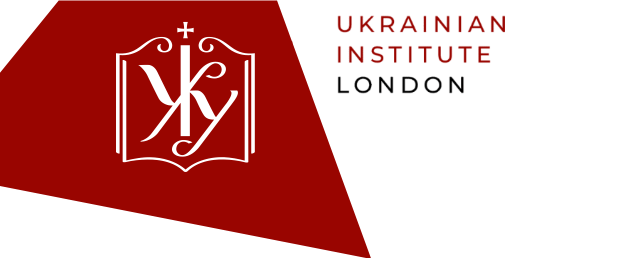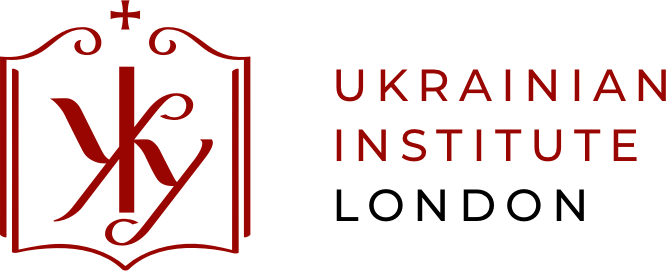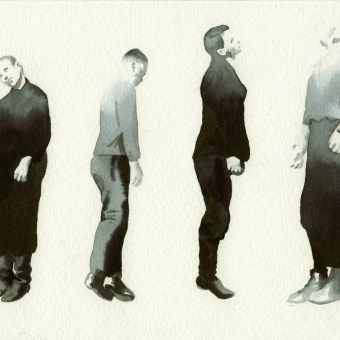Speaker
Philippe Sands QC
Philippe Sands is Professor of Law and Director of the Centre on International Courts and Tribunals in the Faculty of Laws at University College London, and a key member of staff in the Centre for Law and the Environment. His teaching areas include public international law, the settlement of international disputes, and environmental and natural resources law. As a practising barrister he has extensive experience litigating cases before the International Court of Justice, the International Tribunal for the Law of the Sea, and the European Court of Justice. In 2003 he was appointed a Queen’s Counsel. He is frequently invited to lecture around the world and previously held positions at the University of London’s School of Oriental and African Studies, Kings College London and University of Cambridge and was a Global Professor of Law at New York University from 1995-2003.
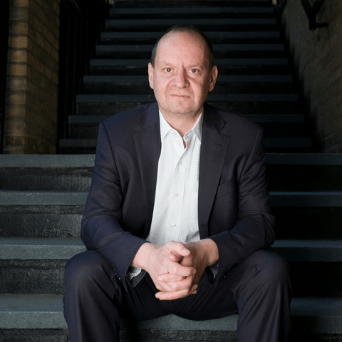
Speaker
Sofiya Dyak
Sofiya Dyak is Director of the Lviv Centre of Urban History. She holds a BA in History from the Ivan Franko National University of Lviv, an MA in History from the Central European University in Budapest, and a PhD in Sociology from the Institute of Philosophy and Sociology of the Polish Academy of Sciences. Her dissertation compared the postwar history of integration of two Central European cities, Lwów/Lviv and Breslau/Wrocław. Previously she was a fellow at the Center for Holocaust and Genocide Studies in Amsterdam, the Institute for Human Sciences in Vienna, and at the Institute for the Study of Human Rights at Columbia University and at the Harvard Ukrainian Research Institute. Her research interests include postwar urban history, heritage practices, and city branding in Eastern Europe.
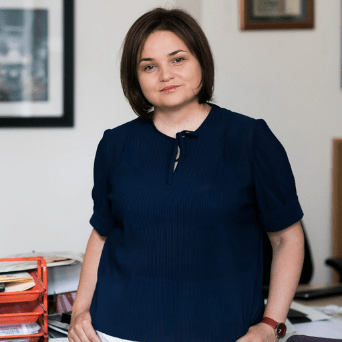
Speaker
Nikita Kadan
Nikita Kadan is a contemporary artist. He graduated from the National Academy of Fine Art and Architecture in Kyiv, and has been a member of the R.E.P. (Revolutionary Experimental Space) collective since 2004. R.E.P. stage interventionist performances and paint murals on public buildings as ways to question ideological rhetoric. Kadan’s work with the group offers a critique of collective memory as mediated by political context, stressing the importance of genuine community.
